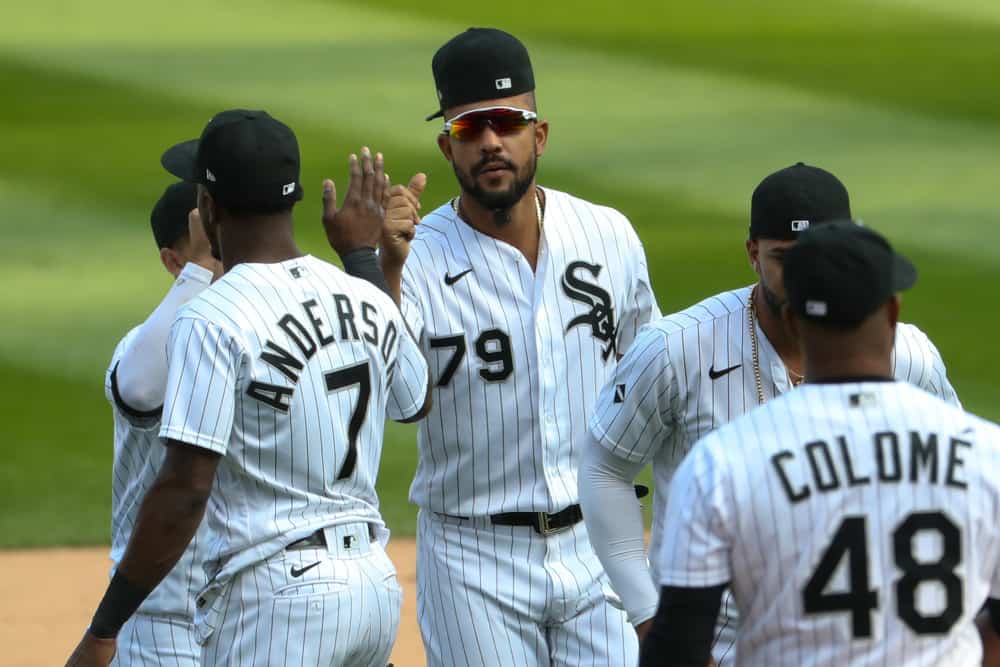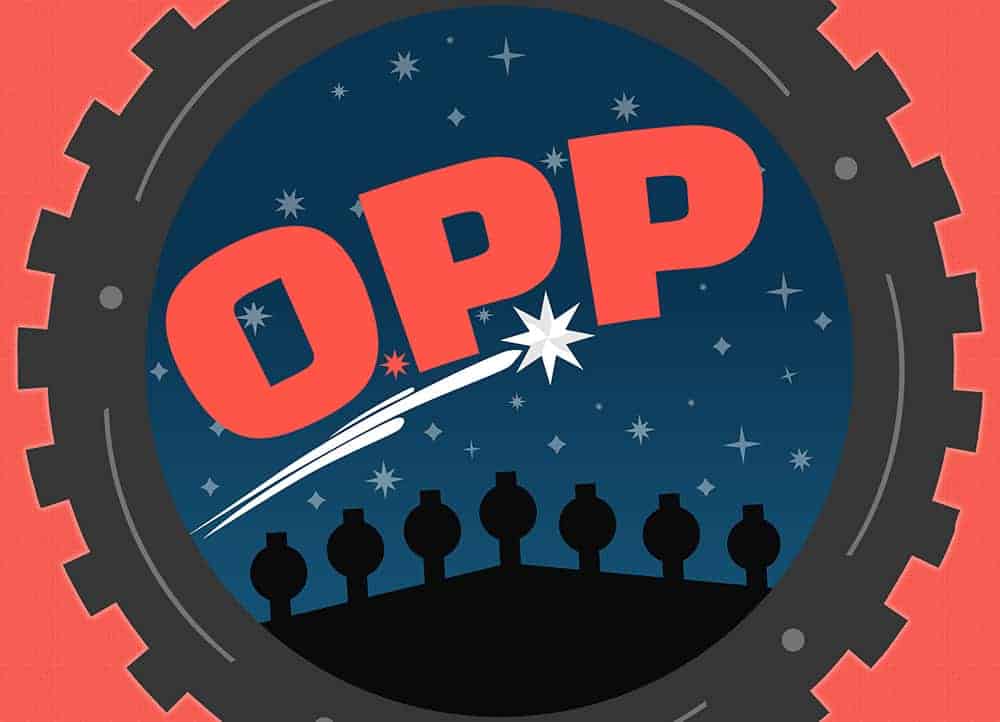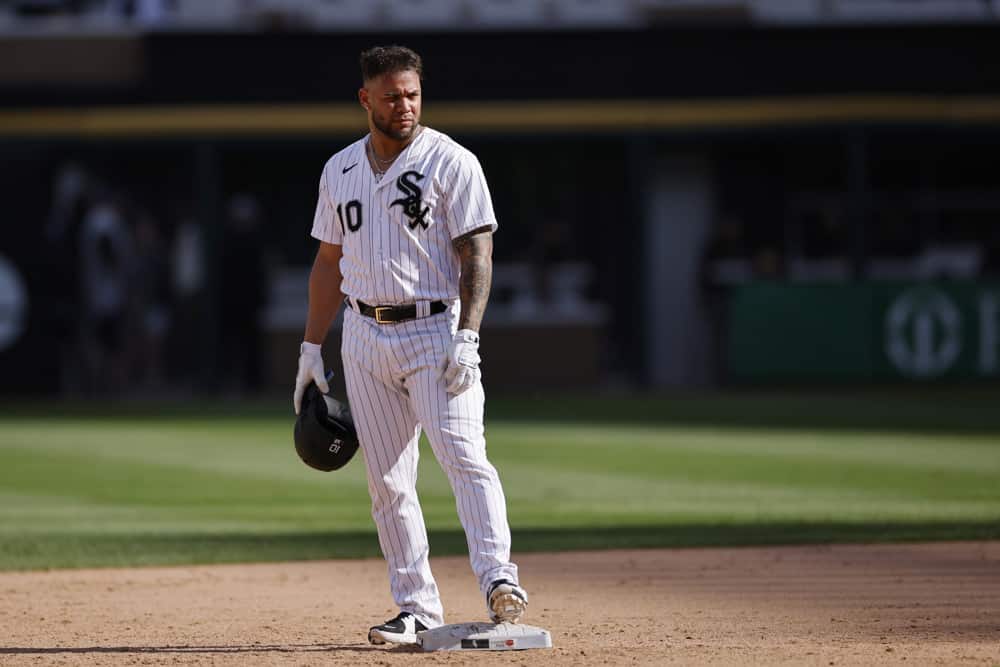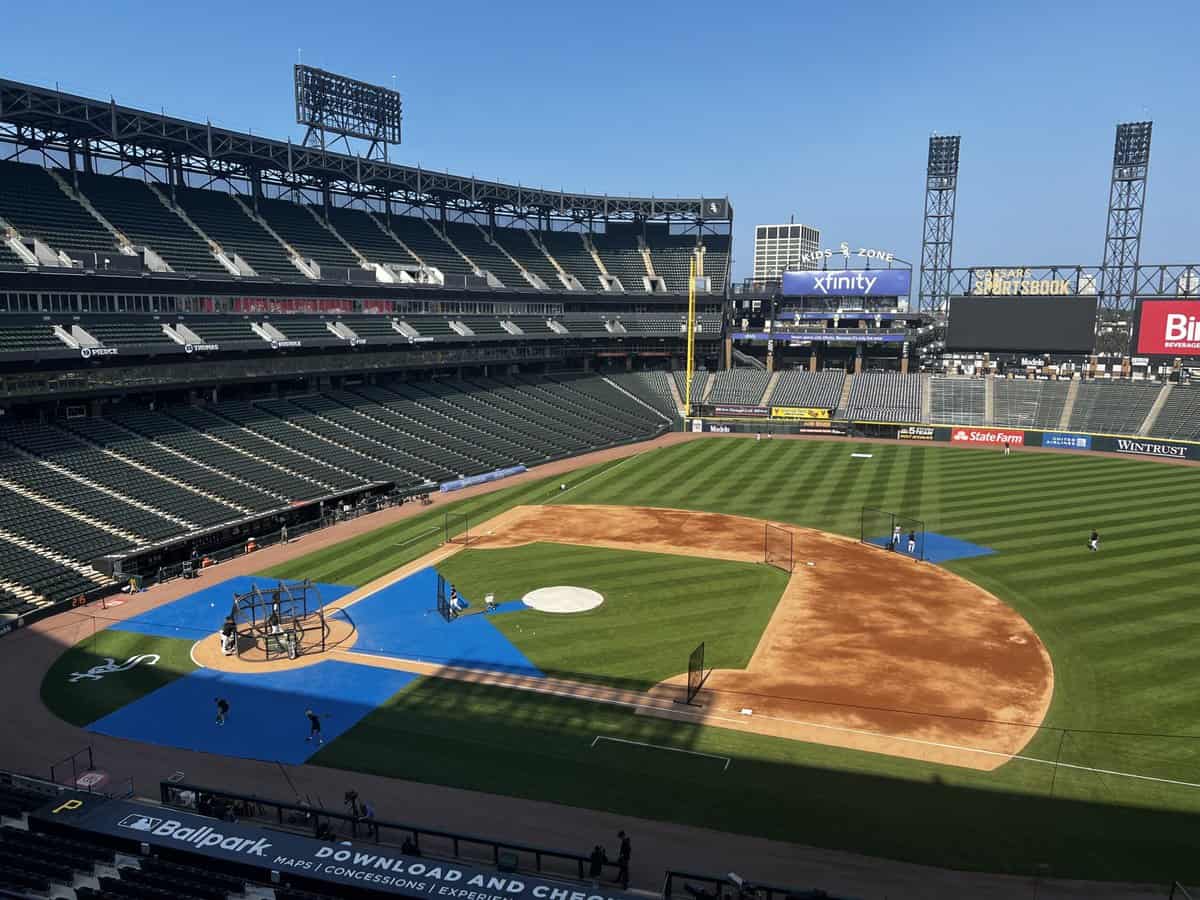Last November, the White Sox issued the $17.8 million qualifying offer to José Abreu, and Abreu accepted it. That seemed like a natural conclusion to their months-long dance. Abreu put himself in line to receive a small raise after leading the league in RBIs, which might be fairer to him than an open market that has discriminated against 30something right-handed first basemen with draft compensation attached. Meanwhile, the White Sox would get another year to evaluate all of their first base/DH options.
Three weeks later, the White Sox effectively tacked on two years to the qualifying offer, handing Abreu a three-year, $50 million contract extension that appeared to be highly generous considering their leverage. The accounting isn't quite that simple, because money was shuffled around a bit.
- 2020: $11M (plus $5M signing bonus)
- 2021: $16M
- 2022: $18M ($4M deferred, paid out $1M annually from 2023 to 2026)
(It's a time-honored tradition to defer $1 million annually to a White Sox first baseman. The Sox will finally be done paying Paul Konerko when they hand him his eighth and final $1 million installment on July 1, 2021. After a year off, the Abreu payments will begin.)
From here, Abreu is working on a two-year, $34 million deal, although you might be able to knock a million or so off that remaining sum when accounting for inflation against that deferred money.
The move was generally questioned at the time, with some people outright panning it, and others more wondering if the Sox weren't properly prioritizing their payroll. Little did we know on Nov. 24, 2019, that Abreu would make it pay for itself with a season that deserves heavy MVP consideration.
Really, this could have been a helluva contract year. Had Abreu accepted the qualifying offer last year and the Sox left it at that, he'd be able to try to open market coming off a better performance, and without any free agent compensation attached. He'd probably be anywhere from the fourth- to seventh-best free agent, depending on how much you downgrade Marcus Semien for his down year and Marcus Stroman for opting out.
There haven't been many good comps for Abreu in previous years, but a few winters ago, the Philadelphia Phillies handed Carlos Santana a three-year, $60 million contract following a 3.4 WAR season at age 31. Freed from the tyranny of the qualifying offer, Mike Moustakas found a four-year, $64 million deal from the Cincinnati Reds starting in his age-31 season, although he offered positional flexibility at second and third base.
In a standard 162-game-season world, it stands to reason that a 34-year-old Abreu could have found a three-year deal somewhere in that AAV, because he was on pace for a 7.5 WAR season himself over the 60 games afforded by the calendar.
Of course, he's coming off a 60-game season because the pandemic more than halved the MLB calendar, and the short-term financial futures of the league and its clubs aren't much clearer as the World Series approaches. The sport at least knows that it can make some sort of season work, but it's unclear whether fans can be a part of it in any meaningful number, whether the league find it feasible to stage 162 games while minimizing travel, whether the expanded postseason will be here to stay, etc. As a result, there are probably going to be a lot of ramifications when it comes to building rosters, and how much teams are willing to spend on immediate upgrades when nobody's clear what kind of season they're anticipating on playing.
As for the White Sox, they didn't really use the 2020 season to evaluate all their positionless bats, in part because they knew Abreu wasn't going anywhere for the following two seasons. But if Abreu were on a one-year deal because the Sox didn't to overextend themselves to an Abreu who was combating worrisome trends, would the White Sox have played Zack Collins, Yermín Mercedes or even Andrew Vaughn in order to gauge readiness in a year without the minor leagues? And, would they have shown enough to make the White Sox think about venturing in a different direction?
Take this overwhelming uncertainty and include the warm and fuzzy relationship between Abreu and the White Sox, and I'm guessing he'd come back to the White Sox for a similar amount he's already signed for. Maybe he gets two years and $40 million with a club or vesting option and more deferred money, and in that scenario, a seemingly unnecessary contract extension now looks like it could save the White Sox a little money.
I didn't expect that outcome at this point, and given that the deal was negotiated at the ownership level, it's hard to say how the front office would've handled it if they set sentimentality aside. Fortunately, it doesn't really matter. Everybody involved got to enjoy Abreu at his best during a miserable year for most everything not related to baseball, and everybody involved is relieved of the duty arguing over Abreu's aging curve in the COVID era for the next two seasons. I'm not sure I'd give Jerry Reinsdorf credit for canniness, but there isn't much use in keeping score when everybody wins.
(Photo by Kiyoshi Mio/Icon Sportswire)





